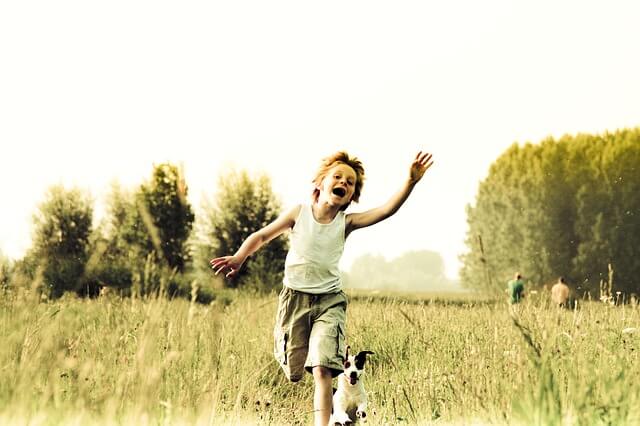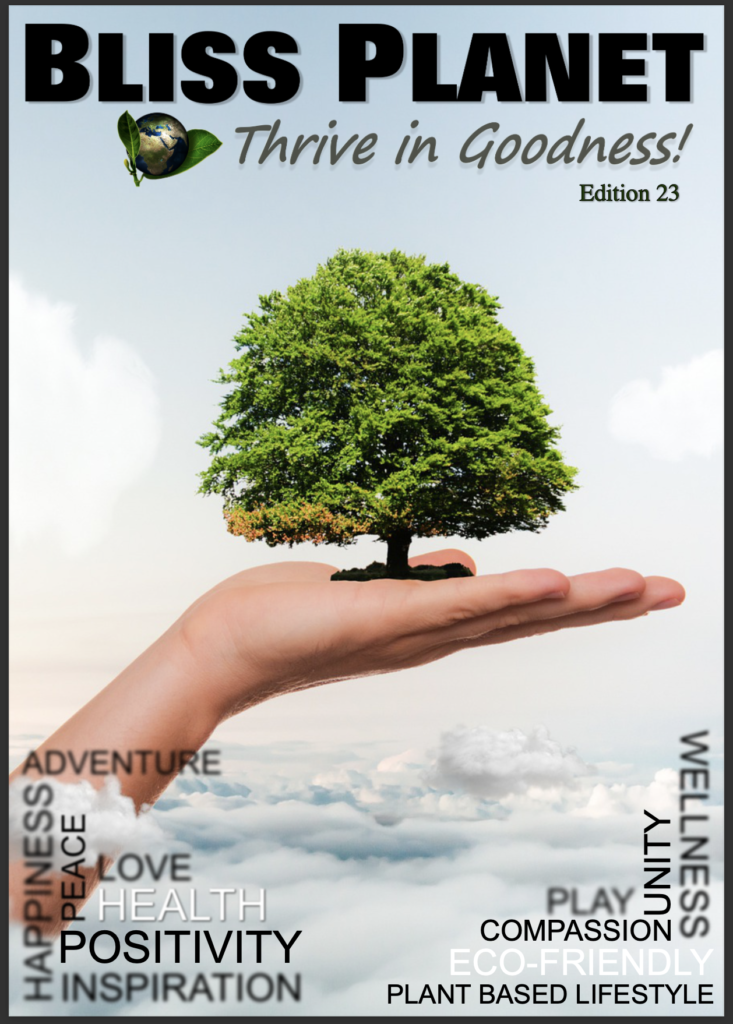Acts of animal abuse go on every day, with many invisible and unreported. Hence, innocent, lovely creatures have to endure the most unpleasant and painful experience living here on earth – with us!
Like us, they just want to have a decent life, be loved, and be free to roam around without being subjected to all manner of abuse.
Animal abuse can take many forms and include
- Dumping and abandonment
- Neglect leading to starvation, disease, psychological distress, etc
- Slaughter house practices
- Puppy mills
- Organized dog fights/cock fights
- Tying up animals over their lifetimes
- Confining animals in small cages over their lifetimes
- Beating and other active, malicious forms of torture
When we get down to its essence, animal abuse is the inappropriate use of one’s power over a weaker being that cannot defend itself. It has parallels with child abusers and rapists inflicting pain on those who are vulnerable. Their victims are powerless and the offenders consequently mistreat them for their own selfish pleasures.
Over the past forty years, there have been numerous research studies showing the connection between animal abuse and human violence. This connection was first documented in the 1970’s when the United States FBI found that many serial killers had tortured or killed animals when they were children.
A 1997 study by the Massachusetts Society for the Prevention of Cruelty to Animals and Northeastern University quantified that animal abusers were five times more likely to commit violent crimes against people than those without a history of animal abuse.
In fact, the American Psychiatric Association lists animal cruelty as a symptom of a serious psychological condition.
According to Dr. Randall Lockwood of Washington University and Vice-President of the Humane Society of the United States, it has become widely accepted that the mistreatment of animals can be an indicator of many other forms of family violence and ongoing abuse and neglect, including child abuse, elder abuse, domestic violence and mistreatment of the disabled.
Dr. Lockwood points out that a child’s cruelty to animals can also indicate that he is at high risk of becoming a perpetrator of violence in society later, perpetuating the cruelties that he or she has experienced.
Even as far back as the 17th century, the influential English philosopher John Locke said of children that “…tormenting and killing…beasts will, by degrees, harden their minds even towards men; and they who delight in the suffering and destruction of inferior creatures, will not be apt to be very compassionate or benign to those of their own kind.”
Therefore, we need to be especially attentive when a child tortures an animal or complains of his father mistreating his pet. These incidents can signal a higher risk of violence – within the child’s household currently, and/or by the child when he becomes an adult.
Clearly, there are significant benefits to be reaped from early identification and intervention. Another positive is that animal abusers can be rehabilitated. According to Dr. Lockwood, “…we have also realized that the proper experiences with animals can provide a road back to empathy and compassion, and can be a powerful force for healing and a way of breaking the cycle of violence.”
Evidence of the strong association – between animal abuse and human violence – demands that animal abuse cannot be treated in isolation anymore. In line with this, authorities urgently need to develop policies and practices that are collaborative and multi-disciplinary. Critical are cross-reporting and the attendant cooperation between a range of professionals such as the police, child protection agencies, animal welfare agencies, and veterinarians.
Equally, the police, governments, and schools need to regularly send out strong messages that the abuse of animals or humans will not be tolerated because any abuse endangers society as a whole. To reinforce this, the police and courts need to treat animal abuse as a serious crime and not trivialize it as a minor offense.





